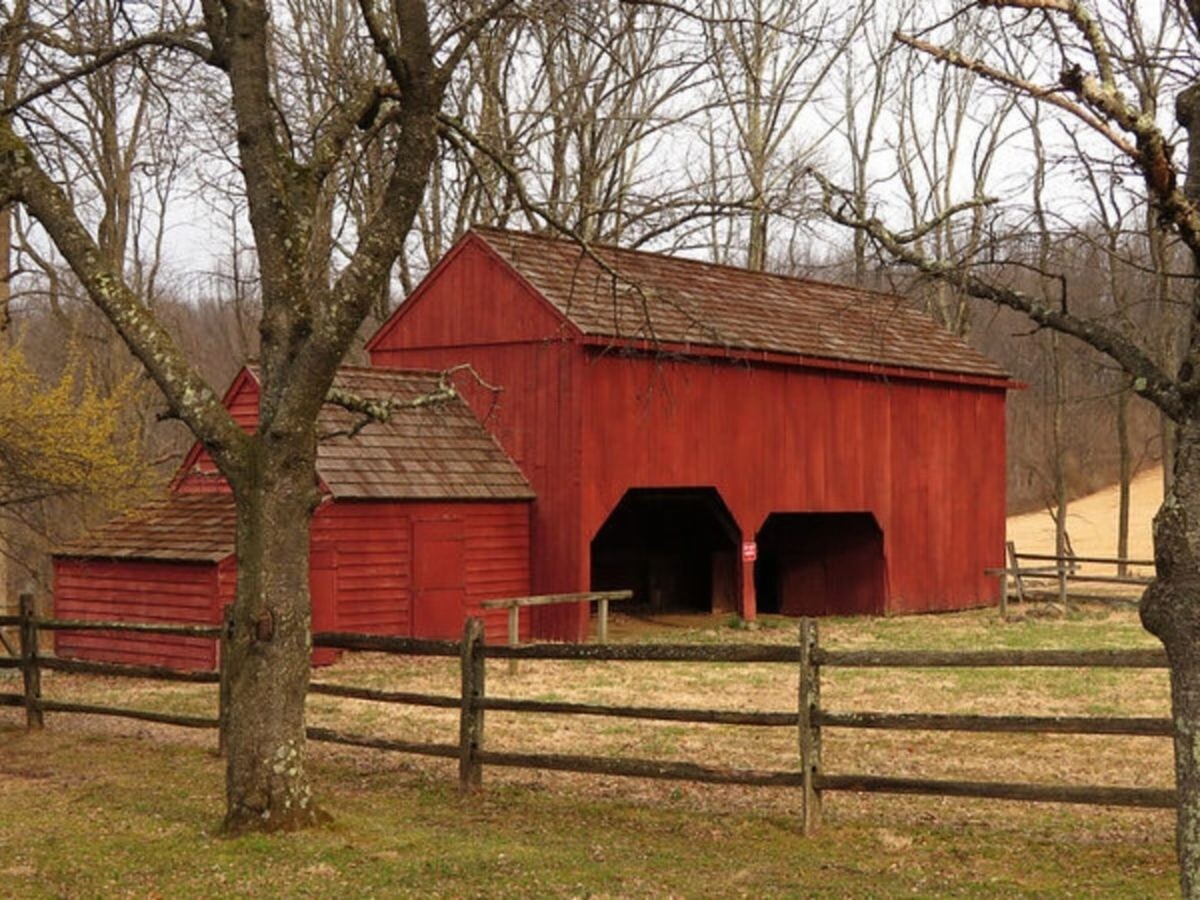Image


MORRISTOWN, N.J. - The historic Wick House Barn at Morristown National Historical Park is currently undergoing vital preservation work, made possible by the Great American Outdoors Act (GAOA) Legacy Restoration Fund. This project, which aims to halt the barn's deterioration, will enhance its overall condition, preserving its historical significance for the enjoyment of visitors for years to come.
“Preservation of the Wick House Barn provides park visitors with a fuller and more accurate story of the Wick family farmstead,” said Acting Superintendent Jude Pfister. “This project combined with recent improvements to the Wick home, replacement of the Wick Herb Garden fence, walkways and other structures, are helping prepare the park for the upcoming 250th anniversary of America’s independence in 2026."
The preservation effort includes comprehensive exterior repairs, such as work on the barn's cladding, trim, sills, paint coatings, and stone foundation. These detailed restorations are designed to maintain the barn's historical authenticity and provide an enriched experience for visitors looking to understand the daily life of the Wick family in the 18th century.
The restoration is being conducted by a National Park Service Maintenance Action Team (MAT) funded by the GAOA. These teams, composed of skilled craftspeople with expertise in traditional restoration techniques, travel to national parks across the country to work alongside park staff. The MAT program helps complete small but crucial maintenance and preservation projects on historic structures in a cost-effective and consistent manner.
The GAOA is a significant initiative aimed at addressing deferred maintenance and repair needs within national parks. Supported by revenue from energy development, the GAOA provides up to $1.3 billion annually for five years to enhance and preserve national parks, ensuring these sites continue to offer recreational, educational, and cultural opportunities.
The history of the Wick House and Barn is tied to the Revolutionary War era. Built by Henry Wick in the 1750s, the farmhouse, and its 1,400-acre property—largely covered by forest—played a critical role during the winter of 1779-1780, when General George Washington's Continental Army used the land as a winter encampment. Over 600 acres of Wick's forest were chopped down to provide logs for shelter and wood for heating and cooking. During that harsh winter, Major General Arthur St. Clair made his quarters in the Wick farmhouse.
For more information about Morristown National Historical Park and ongoing preservation efforts, visit www.nps.gov/morr.